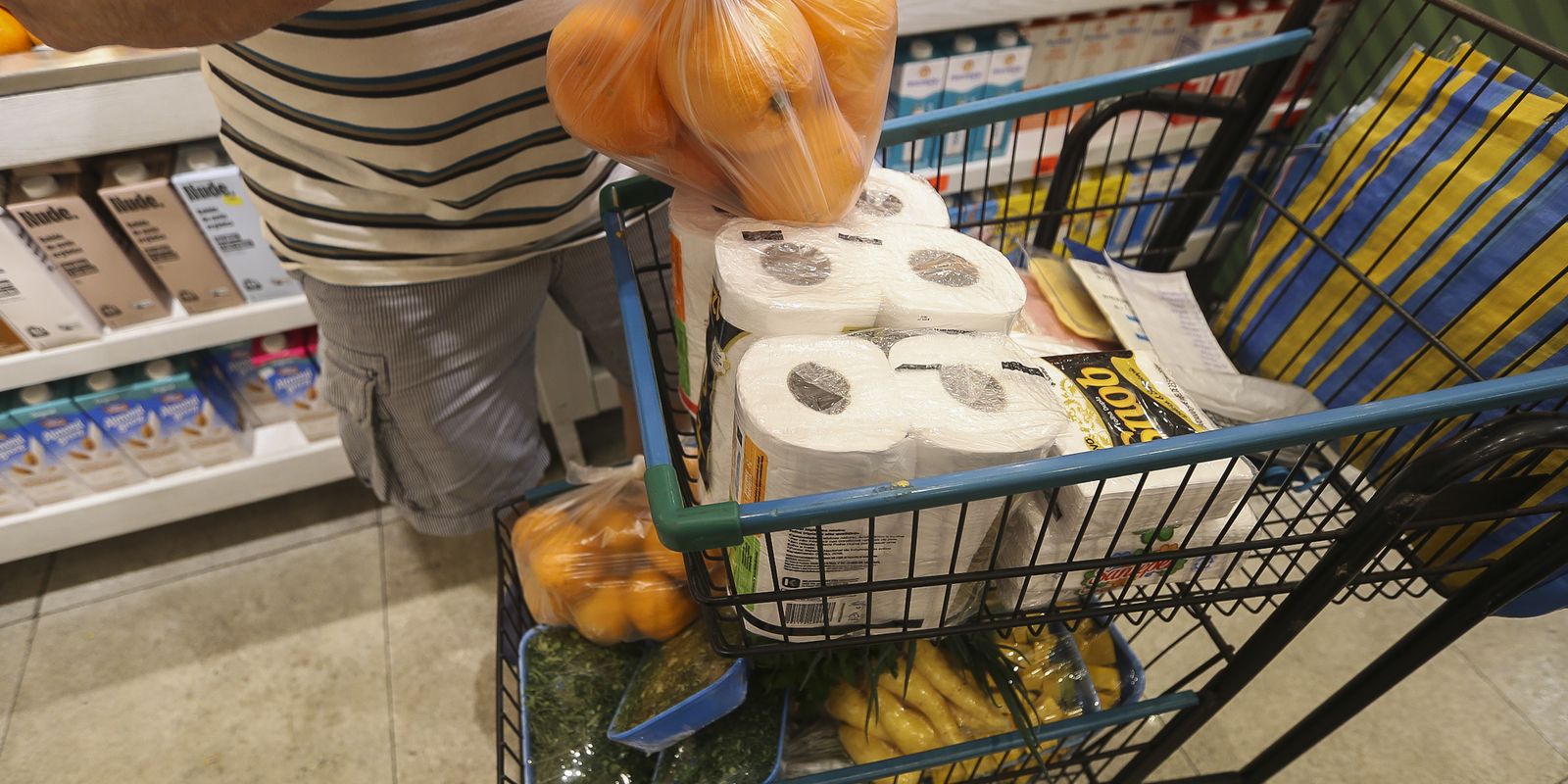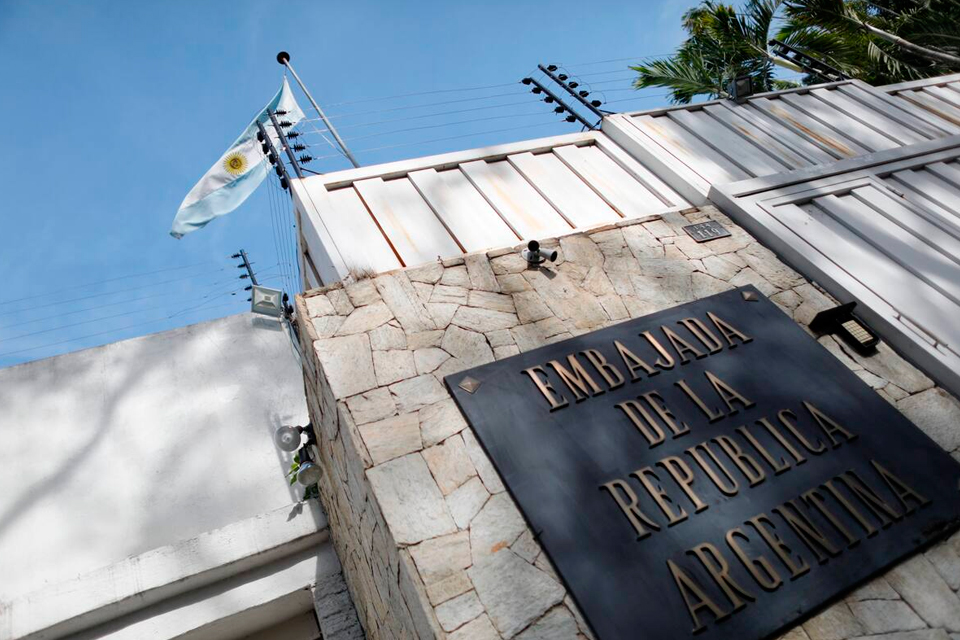The National Confidence Index (INC) of the São Paulo Commercial Association (ACSP) for November, released this Friday (29), shows that consumer confidence remained stable in relation to October, with 103 points. But it fell 7.2% compared to November last year.
The INC shows the consumer’s feeling regarding the Brazilian economy and their own financial condition. Furthermore, it points to the willingness to consume and the level of job security.
According to the São Paulo Commercial Association, the level reached by the INC has been stable since September, remaining in the so-called “optimistic camp”, above 100 points. The research was carried out with a sample of 1,679 families, at a national level, residents of capitals and municipalities in the interior.
According to economist Ulisses Ruiz de Gamboa, from ACSP, this monthly stability could be the result of two opposite effects. “On the one hand, the observed increases in employment and income tend to positively impact consumer confidence. On the other hand, the deterioration in the purchasing power of families, caused by the acceleration of inflation, especially the increases in the prices of essential items, such as food and drinks, causes consumers to become more cautious in their purchases”.
The research revealed that, in relation to the regions of the country, there was a drop in consumer confidence in the Northeast Region, an increase in the Central-West and North and stability in the South and Southeast.
In the indicator of socioeconomic classes, the results were higher for classes AB and stable for families in classes C and DE.
The perception of families in relation to their financial situation showed that there is a willingness to make higher-value purchases, such as cars and houses, and to acquire durable goods, such as white goods – refrigerators and stoves. This disposition is due to the maintenance of confidence with regard to job security, while future expectations proved to be relatively more favorable.















